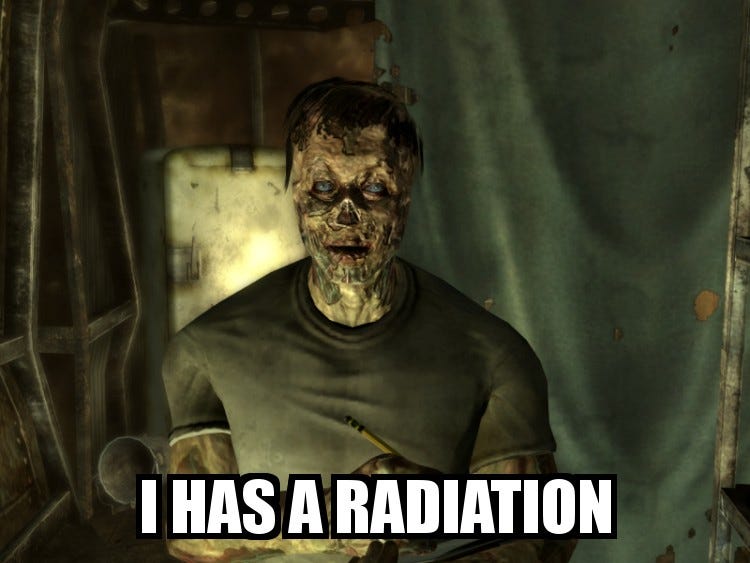I had eight weeks of radiation therapy. Here are my top five take-aways.
TLDR - It's worse than they tell you

A few weeks ago I completed the last of 40 treatments of radiation therapy at the Swedish Cancer Institute in Edmonds, WA. I did everything I could think of to delay starting the treatments because I’m distrustful, both by nature and by profession, and because I was worried about what impact it would have on my body.
Now that my…


